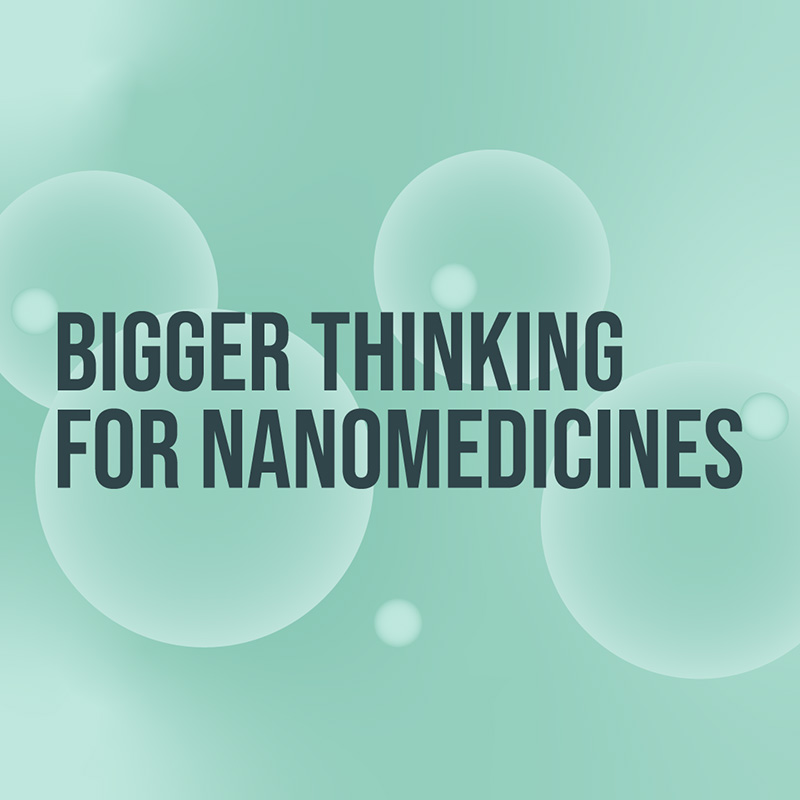Multinational Research Consortium To Advance Nanomedicine Manufacturing
InProcess-LSP is delighted to announce its participation in the NanoFacT™ consortium, dedicated to the advancement of scalable and adaptable continuous manufacturing platforms for pharmaceutical nanoparticle formulations.
Over the next 36 months, the consortium will leverage cutting-edge expertise in pharmaceutical engineering, material science, and innovative process analytical technologies to generate and disseminate foundational knowledge. The ultimate goal is to establish a flexible, modular toolkit and manufacturing platform.
Aim of the project
The consortium partners share a common objective of developing scalable and versatile continuous manufacturing platforms specifically designed for nanopharmaceuticals. These pioneering production platforms will enable precise adjustment and monitoring of physicochemical properties, resulting in enhanced product quality, faster product release, and improved process economics.
The Drivers for Modernizing Pharmaceutical Manufacturing
- Process and material understanding
- QA / QC strategy
- Real-time release testing
- Predictive modeling
- Regulatory alignment
- Economic alignment
- Human resource/expertise development

Participants:
Gattefossé, InProcess-LSP, Knauer, Microfluidics, Skyepharma, and the University of Graz join the
RCPE-led European Consortium for Continuous Pharmaceutical Manufacturing (ECCPM) to jointly develop a modular, flexible toolkit to advance industrial-scale production of lipid nanoparticles.
Our Approach to Continuous Manufacturing Development
- An interdisciplinary team of process, pharmaceutical and chemical engineers and researchers
- A diverse partner matrix consisting of pharma, technology/equipment providers, and academic/scientific collaborators
- A platform for pre-competitive information exchange and networking
- Flexible intellectual property rights (IPR) arrangements to enable an agile and focused exploration of specific interest
GMP and PAT
We will equip individual and scalable processes, which are compliant with Good Manufacturing Practice (GMP) standards, such as (high) shear mixing, Microfluidizer® Processing, and impingement jet mixing, with advanced process analytical technologies. These technologies include spatially resolved dynamic light scattering (SR-DLS) for inline particle size measurement, electrophoretic light scattering for zeta potential monitoring, inline viscosity measurements, and spectroscopic methods to ensure effective drug encapsulation and enable comprehensive product and process monitoring.
Our goal is to establish a centralized control system by connecting and integrating various units, such as pumps, actuators, and Process Analytical Technology (PAT) tools. Through this integration, we aim to streamline and optimize the overall production process.
Quality by Design Approach
Moreover, we will adopt a multidisciplinary approach, known as Quality by Design (QbD), to identify and define critical parameters related to both the process and the final product. By implementing QbD principles, we will ensure a thorough understanding of the process and product attributes, leading to enhanced control and quality assurance.
We will connect these processes to create a proof-of-concept prototype of a flexible continuous production line at the laboratory scale. This prototype will demonstrate the feasibility and potential of a continuous manufacturing approach for pharmaceutical nanoparticle formulations.